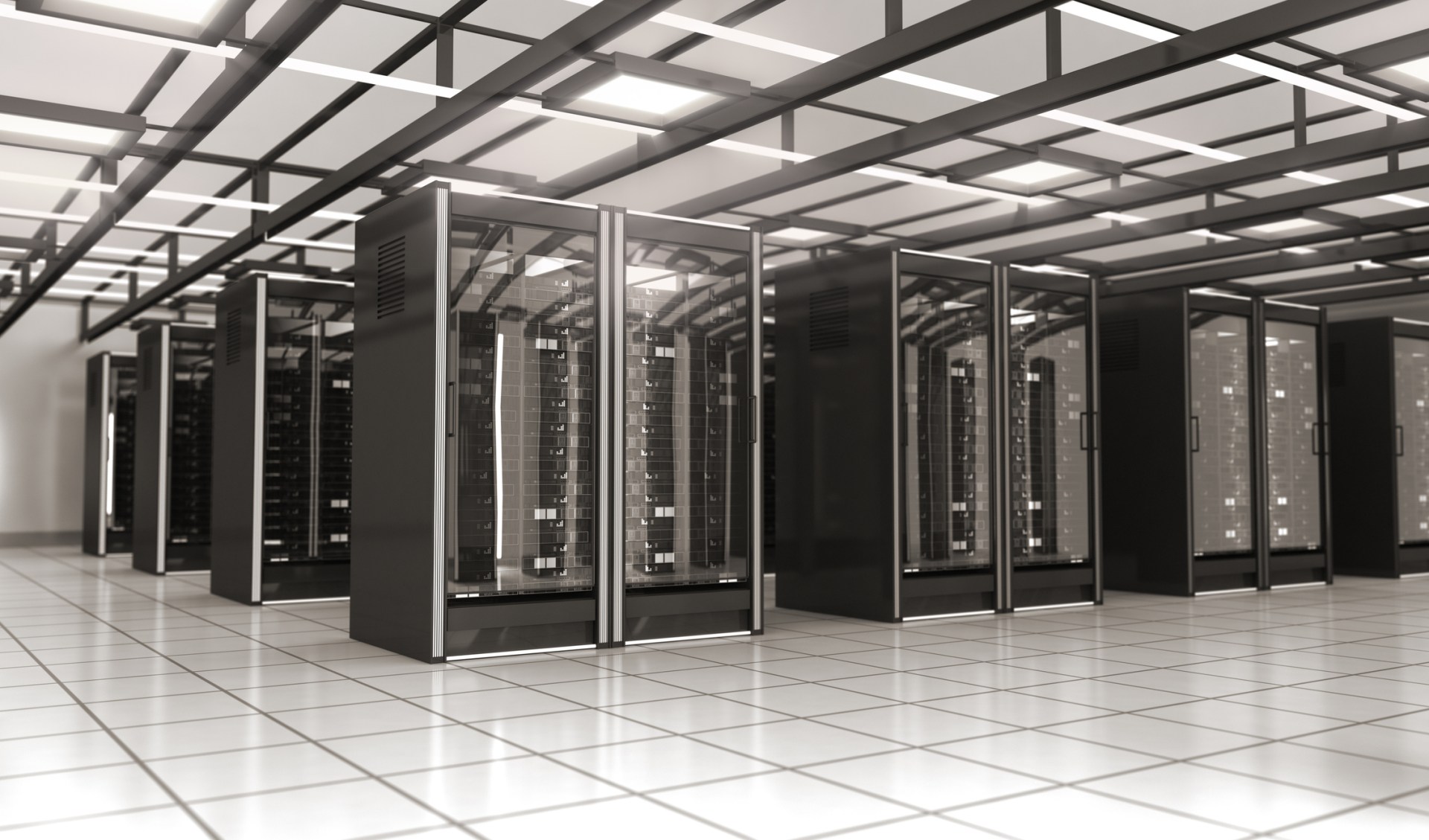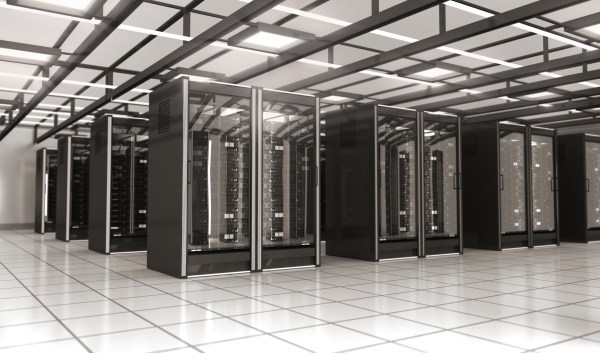

Your choice of storage for your data center can have a significant impact on your data center’s operational and cost efficiency. With that in mind, here is a straightforward guide on how to choose storage solutions for your data center.
There are four basic facts you need to know before you begin to assess storage solutions. These are:
Firstly, you will need to define how much you can afford to spend on upfront purchase costs. Secondly, you will need to define how much you can afford to pay for total cost of ownership.
As the name suggests, TCO factors in all expenses associated with a storage solution, including acquisition costs, maintenance, energy consumption, and any necessary upgrades or expansions.
In general, storage devices with high upfront purchase costs tend to be high-quality devices with low total cost of ownership. It’s therefore usually worth investing in these if you possibly can.
At present, the three most common types of data center data storage devices are solid-state drives (SSDs), hard disk drives (HDDs), and tapes. SSDs provide the fastest storage and tapes the slowest. HDDs sit in the middle of the two.
Like most areas of IT, however, the area of storage is continually developing. This means that the future is very likely to bring new types of storage solutions. It may also bring existing storage solutions down to a price point where they become economical to use.
When choosing data storage solutions for a data center, there are five key factors you should always consider. These are data security, performance, accessibility, backup and recovery, and scalability.
In addition to considering your overall needs and priorities, you should also consider the specific needs and priorities of each type of data you store. These can be significantly different and hence prompt you to choose different types of storage for different types of data.
The choice of storage solutions directly impacts data security, as it influences factors such as encryption, access controls, backup and recovery mechanisms, and redundancy. By selecting the right storage solutions, data centers can implement robust encryption to safeguard data at rest and during transit.
Access controls ensure that only authorized personnel can access sensitive information. Redundancy features protect data from hardware failures, ensuring data availability. Additionally, backup and recovery mechanisms enable quick data restoration in case of unexpected events.
The efficiency, speed, and scalability of storage solutions significantly impact the overall functionality of data centers. The choice between storage types, such as solid-state drives (SSD), hard disk drives (HDD), or tapes, directly affects data access speed and input/output operations.
High-performance storage solutions, like SSDs, offer low latency and faster data retrieval, which is crucial for applications that demand quick response times. Additionally, scalable storage solutions enable data centers to adapt to growing demands and handle increased workloads effectively.
The choice of storage technology and architecture influences how efficiently data can be accessed and shared within and outside the data center. Fiber-optic connectivity and high-speed interconnects ensure rapid data transmission, enabling seamless communication among servers, devices, and external networks.
Storage solutions with scalable, accessible interfaces facilitate easy data retrieval and distribution, enhancing overall system connectivity. Moreover, well-designed data storage solutions support remote access, allowing authorized users to retrieve data from various locations.
Data center storage solutions determine how efficiently data can be backed up and restored in case of unexpected failures or data loss. Robust data storage systems often offer features like automated backups, data redundancy, and snapshot capabilities, ensuring that critical information is regularly and securely saved.
Moreover, the choice of storage technology impacts the speed at which data can be recovered, minimizing downtime during system failures. Implementing reliable storage solutions can significantly enhance data center resilience, reducing the risk of data loss and facilitating quick recovery when unforeseen issues arise.
Choosing the right storage infrastructure enables data centers to expand their storage capacity easily as data volumes increase. Scalability ensures that data centers can accommodate future growth without major disruptions or expensive overhauls. Additionally, it allows for the efficient allocation of resources, preventing the underutilization of storage space.
Well-designed storage solutions offer the flexibility to scale up or down based on business needs, providing a cost-effective approach that aligns with the organization’s data requirements and growth trajectory.

Discover the DataBank Difference today:
Hybrid infrastructure solutions with boundless edge reach and a human touch.